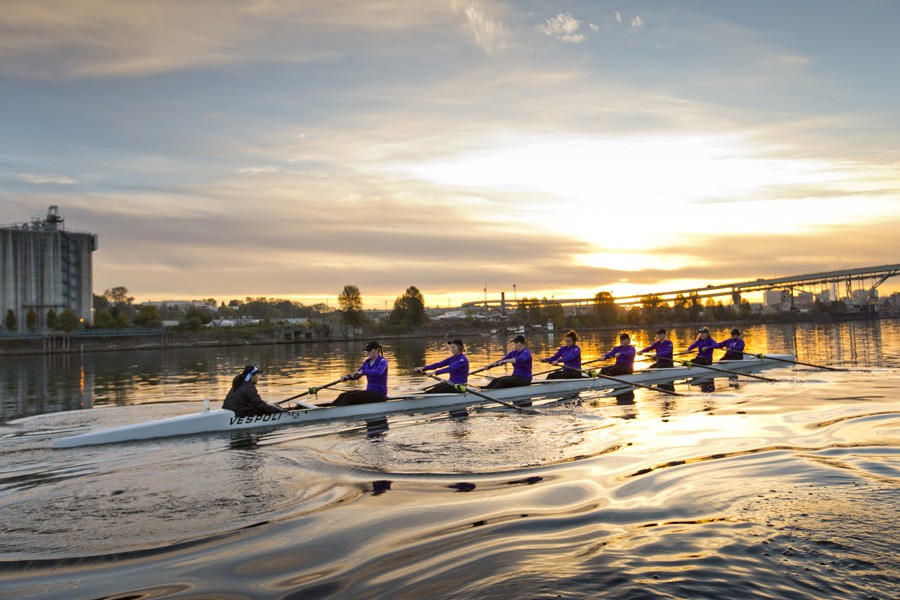 This post is an entry for Part III of the Mentally Healthy resource guide for UP faculty and academic staff working with students who might have mental health concerns.
This post is an entry for Part III of the Mentally Healthy resource guide for UP faculty and academic staff working with students who might have mental health concerns.
In Part I of this post I wrote about whether there is anything particular about student-athletes with mental health concerns compared with other students. The short answer is yes and no; student-athletes may feel particular pressures to ‘tough out’ mental health challenges due to sports culture, but a proportion will always experience the same types of mental health concerns all our students can sometimes experience.
So should faculty and academic staff treat the student-athletes we come across in academic contexts any differently when we suspect mental health concerns? Again, the short answer is probably yes and no. The NCAA nationally has developed extensive resources specific to working with college student-athlete mental health concerns (see the NCAA resource hub). And it is true that student-athletes may have different social networks than other students, including intensive relationships with coaches and athletic department staff who closely track their well-being. Because of concerns about access and stigma in sports culture, there have been points when the UP athletic department sets up counseling and consultation opportunities specifically for student-athletes.
For the most part, however, the athletic department works in the same mental health support structure as the rest of the University. That means that when faculty and academic staff have concerns about a student-athlete, it often makes most sense to start with using the general Early Alert system. Early Alert can then work with the athletic department, along with other campus resources, to plan what are most appropriate next steps – should, for example, coaches be involved or would that have the potential to unnecessarily complicate matters? The Director of Academic and Student Athlete Development at UP is notified of any early alert for a student athlete and works collaboratively to identify best steps for each particular situation.
The athletic department at UP is also actively making efforts to connect with other campus services: they invite UP’s professional counselors from the Health and Counseling Center to attend a staff meeting once a year, to introduce themselves to the athletic department’s compliance team, to speak with the HPE 108: Life Skills for Student Athletes (required) course each Fall, and to meet incoming student athletes in the summer to talk to new first year athletes and transfers about services on campus.
In addition, the athletic department has a ‘sports performance’ staff that primarily attends to student athlete’s physical health – but through that work also has natural access to a broader sense of student-athlete well-being. This type of work is tricky anywhere with athletes because the application of psychology in sports settings takes two very different forms: one is often termed ‘mental coaching’ and is focused largely on using psychological tools towards performance enhancement; the other is more conventional counseling psychology for athletes dealing with personal issues distinct from their athletic performance.
Sometimes these two areas overlap – student athletes can have performance issues that relate closely to personal issues. But often they are distinct – performance issues such as a lack of athletic motivation or sport-specific concentration are different from personal issues such as anxiety and depression. Each particular case might require a distinct type of intervention, and a distinct type of professional help – most ‘mental coaches’ are not trained in counseling psychology, and most counseling psychologists are not trained in mental coaching.
Ultimately, however, these should all work collaboratively: the UP athletic department tries to create a network of support and referral that works closely with the Health and Counseling Center. Coaches, assistant coaches, trainers, sports performance staff, academic support staff, and administrators in the athletic department all work to identify and refer student athletes. Ideally, and for the good of all our students – athletes or not, we faculty and academic staff outside the athletic department can best serve as an additional complimentary and supplementary layer in that network of support and referral.
